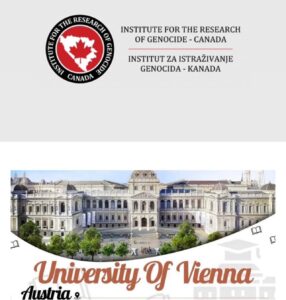March 24, 2012 marks the second annual International Day for the Right to the Truth concerning Gross Human Rights Violations and for the Dignity of Victims.
On this day countries of the world recognize that victims of atrocity have the right to know the truth about the abuses they suffered. Any person who has suffered atrocities has the unalienable right to know who is responsible; any family whose members have disappeared has the basic right discover their fate and whereabouts; every society where these crimes have taken place have the right to learn their history without lies or denial.
This date was selected by the UN General Assembly to commemorate the life and death of leading rights advocate, Msgr. Arnulfo Romero, Archbishop of El Salvador. He was assassinated on March 24, 1980 for speaking truth to power in El Salvador, demanding justice and peace for his fellow citizens.
Governments indeed have the duty to uphold the right to truth. A state must counter denials of abuse by preserving documents and opening archives. These records can inform truth commissions, courts of law, memorials, and searches for the disappeared—all of which serve to uncover and recognize the truth about what happened.
At the same time, truth and memory are not just a matter of state policy. They are also the responsibilities of any society striving for security, equality, peace.
Around the world, civil society, including victims’ groups, is making contributions to finding and telling the truth, sometimes clashing with the powers-that-be interested in keeping silence and fear alive. This resistance, against silence, against fear, has allowed for truth-seeking to expand and evolve, helping begin to make the promise of “never again!” a reality.
The International Center for Transitional Justice joins in commemorating this promise by showing how the right to the truth can be implemented. We have provided examples from five countries where governments or civil society are currently taking action: searching for the disappeared in Lebanon; documenting mass crimes in Indonesia; using courts of law in Bosnia-Herzegovina; developing a truth commission in Kenya; and honoring the memory of victims in Colombia.
The Institute for Resarch of Genocide Canada joins The International Center for Transitional Justice in commemorating second annual International Day for the Right to the Truth concerning.
Can We Handle The Truth?
http://ictj.org/gallery/can-we-handle-truth

